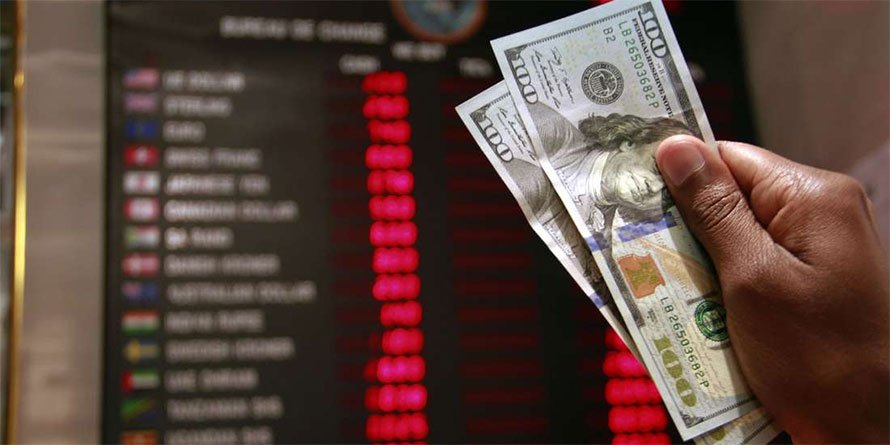A forex bureau in Nairobi. A high incidence in money laundering activity makes it difficult for monetary authorities to track currency movements. FILE PHOTO NMG I gather that the Central Bank of Kenya (CBK) has issued a circular giving commercial banks six months to open and declare contents of all safe deposit boxes in their custody and on behalf of their customers. It is one of the boldest attempts by the regulator to deal with one of the weakest links in the country’s anti-money laundering laws.
We still remember the outrage in March last year when it emerged that criminal elements had concealed $20 million worth of fake currency notes in a safe deposit box kept in Barclays Bank of Kenya’s Queensway Branch. That episode was indeed a wake-up call for regulatory authorities when it became clear that safe deposit boxes were one of the darkest black holes in our national payment systems.
We were made to come to terms with the reality that criminals were ahead of us in targeting weak links in our financial systems. Barclays denied culpability, declaring in a public statement it put out at the time that contents of personal deposit boxes were only known to their owners. Shortly thereafter, the bank announced that it had discontinued the safe deposit service and would review the existing deposit boxes with its customers.
This is the backdrop against which the new directive by the CBK must be understood. With the directive that banks open all safe deposit boxes and declare their contents and in the context of the realisation that these boxes have been turned into vessels for money laundering, I see many banks following the example of Barclays by closing the service.
If the secrecy of the service is removed, safety deposit boxes will naturally lose value. We must wait and see how the process of removing the secrecy will proceed.
A very high level of transparency will be required in opening the boxes because it is emerging that so many of the boxes are unclaimed. It is estimated that 2,000 safe deposit boxes held in the banking system are unclaimed. Which is why – in the interest of transparency – banks should be asked to make sure that they involve the Unclaimed Financial Assets Authority (UFAA) during the opening of the boxes.
Still, killing the safe deposit boxes will not be enough. The CBK must put more effort in […]
